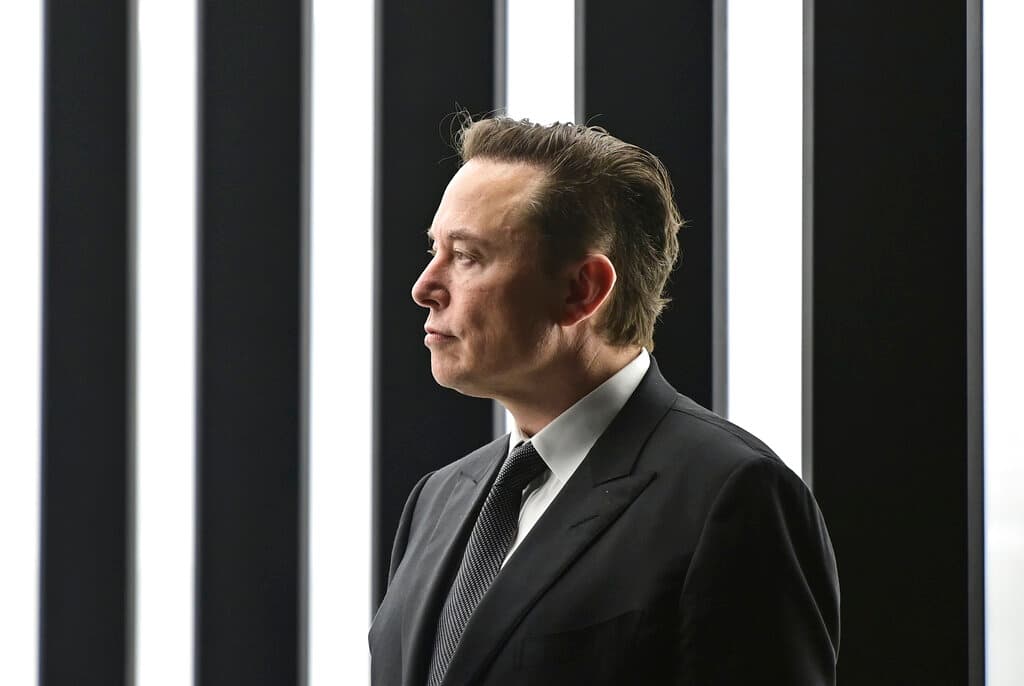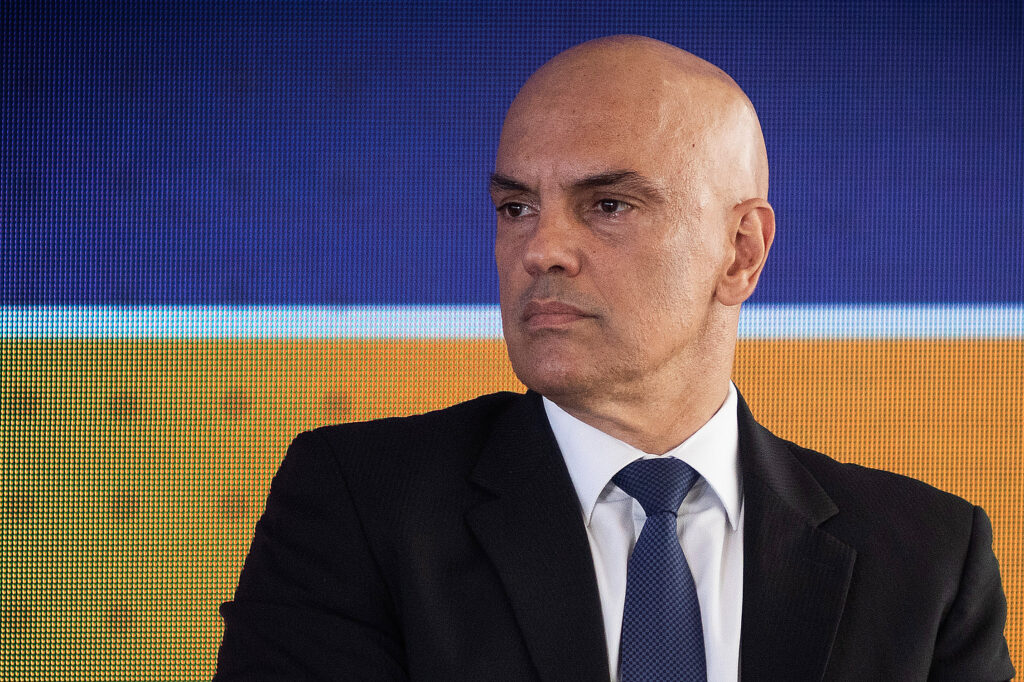Elon Musk Clashes with Brazilian Supreme Court Justice Again After His X Platform Post’s Discredited Rape Claim Against Politician
Company says the fine leveled by the court is a ‘clear denial of due process,’ and will appeal the decision.

Elon Musk’s X has sparked another free speech scandal in Brazil as his company indirectly posted previously-discredited rape allegations against a high-ranking politician, causing a battle with its Supreme Court over its removal.
X, formerly known as Twitter, which Mr. Musk owns, is now fighting against a $126,000 fine levied by the court over an X account that, on June 13, posted police reports and witness agreements about the allegation — before X removed the content, in accordance with Brazilian law.
The post, cited by Justice Alexandre de Moraes in a court statement, accused the President of the Chamber of Deputies, Arthur Lira, of violent sexual assault against his ex-wife in 2006, when she found out that he was secretly seeing a man. He was acquitted at trial in 2015 and has strongly denied the allegation to national media.
X’s Global Government Affairs team released a statement earlier this week denouncing Justice de Moraes’ latest orders to remove the account on the social media platform, subject to a daily $18,000 noncompliance fee.

The team said in the statement that the $126,000 fine is “a clear denial of due process.”
X paid an initial penalty of $18,000 for having the post up. But the Brazilian Supreme Court multiplied the amount because the account posted 7 more times before it was blocked.
Mr. Musk said that the removal of the account and the fine means that “the law is violating the law.”
Justice de Moraes had previously put Mr. Musk under investigation for engaging in a “disinformation campaign” against the Brazilian Supreme Court, after the billionaire accused him of attacking free speech in Brazil.
Mr. Musk, who lives in Texas and is outside Brazil’s jurisdiction, said at the time that Justice de Moraes’ censorship of X accounts in April “brazenly and repeatedly betrayed the constitution and people of Brazil.”
“X has complied with Brazilian law by withholding the posts in question in Brazil and paying the 100,000 real fine, pending an appeal to the full Supreme Court,” X added.
X claims that Justice de Moraes’ current order to increase the fine at the end of his statement contradicts his mandate for a one-time payment of $18,000 earlier in the report, which X said it paid in full and on time.
Journalist Vitor Brown said that Brazil’s Senate has not stepped in to put in check Justice de Moraes’ plenary power to remove online accounts.
“What still shocks me and makes me appalled is the posture of the Brazilian Senate, which is the only branch which could compete against the work of the Supreme Court,” he said.
“The regulation or filter of the Supreme Court’s activities can only be in the Senate,” he added. “Where are the Senators?”
In the recent statement issued by the court to remove the accounts, Justice de Moraes said that any private entity operating within Brazil “must respect and effectively comply with commands issued directly by the Judiciary relating to facts that occurred.”
“Freedom of expression is constitutionally enshrined and guided by the binomial, ‘freedom and responsibility,’” Justice de Moraes added. “The exercise of this right cannot be used as a true protective shield for the practice of illicit activities.”
A Senior Scholar for Global Expression at the Foundation for Individual Rights and Expression, Sarah McLaughlin, tells the Sun that Justice de Moraes’ actions are legitimate causes for concern.
“Those concerned for free speech on the global internet should be deeply concerned by efforts to enforce censorship on X and other social media platforms,” she said.
“Censorship campaigns rarely stay confined by borders and may ultimately impact what all of us can see and say online, not just those in Brazil,” she added.
In Brazil, seven justices form the country’s Superior Electoral Court, three of whom are also on the Supreme Court. Justice de Moraes, one of these three, presides over the Superior Electoral Court.

